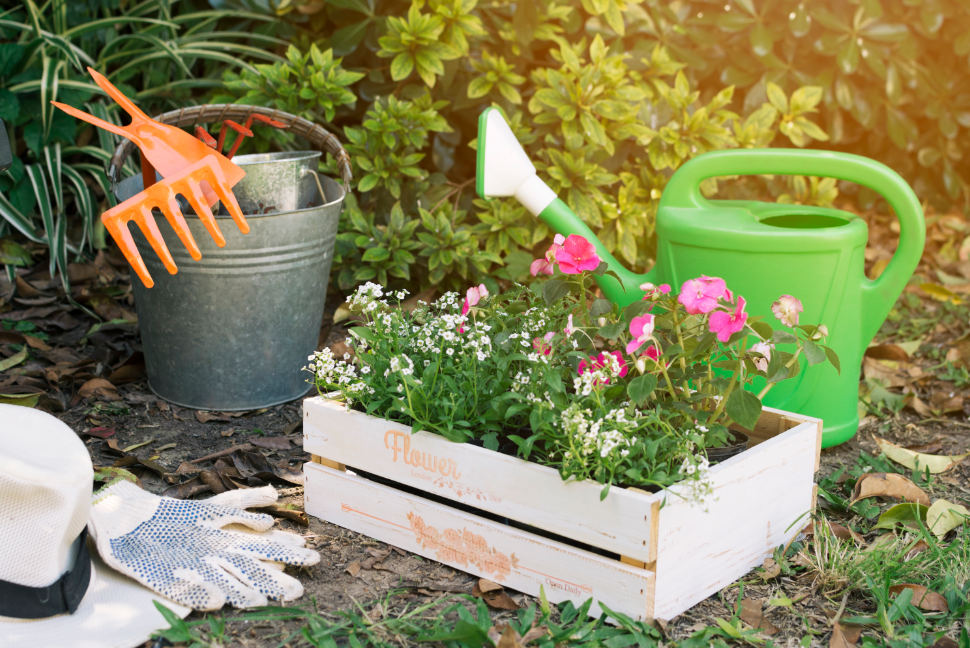
Sustainable gardening is the concept of using gardening practices that cause no harm to the earth and its inhabitants. Not only that, but it’s also an attempt to enhance the environment.
A few words that may come to mind when thinking about what it means to have a sustainable garden are support, preserve, keep alive, maintain, reinforce, and nourish. When you have a sustainable garden, you are practising good environmental stewardship. They are other, healthier ways to maintain and upkeep your garden than turning to pesticides and other harmful chemicals. There are natural methods that exist to keep pests away that have been around for a long time that you can adapt so you can have a sustainable garden.
Sustainable Gardening & Farming Practises
Having a sustainable garden means applying and using a set of particular and environmentally-friendly farming techniques. For example:
- Integrated Pest Management (IPM): To gather information to help you use the least toxic remedy and trying alternative methods until you find one that works.
- Companion Planting: A companion plant can either confuse or repel plant pests in a garden and will attract beneficial insects.
- Beneficial Insects: You can purchase beneficial insects to release in your garden.
- Composting: Use compost in your garden beds to retain moisture in the soil, protect plant roots from temperature fluctuations, fight off disease, and provide nutritional value for soil and plants.
Garden Design
Incorporate resource-conserving practises in your garden to protect the soil and your plants. Check out what the Water Garden has to offer in regards to water conservation and soil preparation to help you make it greener and reduce its impact on the environment by installing a pond in your garden. Consider the different plants you want to grow when planning out your garden. For example, think about which ones do best in the shade versus the sun and which need more water and to be placed in a moist area to perform and grow well. Also, choose native plants that will do best in the soil and climate for your area. Your goal is to conserve as many resources as possible and still have a healthy garden that can thrive.
What Else to Keep in Mind
Sustainable gardening is all about giving back to Mother Nature by using organic growing methods and fewer chemicals. For example, you can pull out the weeds by hand instead of spraying them with harsh toxins. If you grow your own vegetables, for example, and avoid using these harmful chemicals, the food you grow will taste better and have more nutrients also. Sustainability is considered a lifestyle instead of a short-term solution or practise. It’s good for your health and can be a cost-saving option for you and your family.
Conclusion
Sustainable gardening isn’t necessarily difficult to do but will take patience and a can-do attitude. Instead of turning to the pesticides and chemicals that are out there, you can opt for more earth-friendly solutions that will help you to have a beautiful and flourishing garden. Gardening is an excellent hobby to take on, and, if done right, can also benefit the environment.
You may also like
5 Tips for Starting Your Own Vegetable Garden
Why Using Native Plants Will Benefit Your Landscaping
How Your Garden Could Help Save Bees
